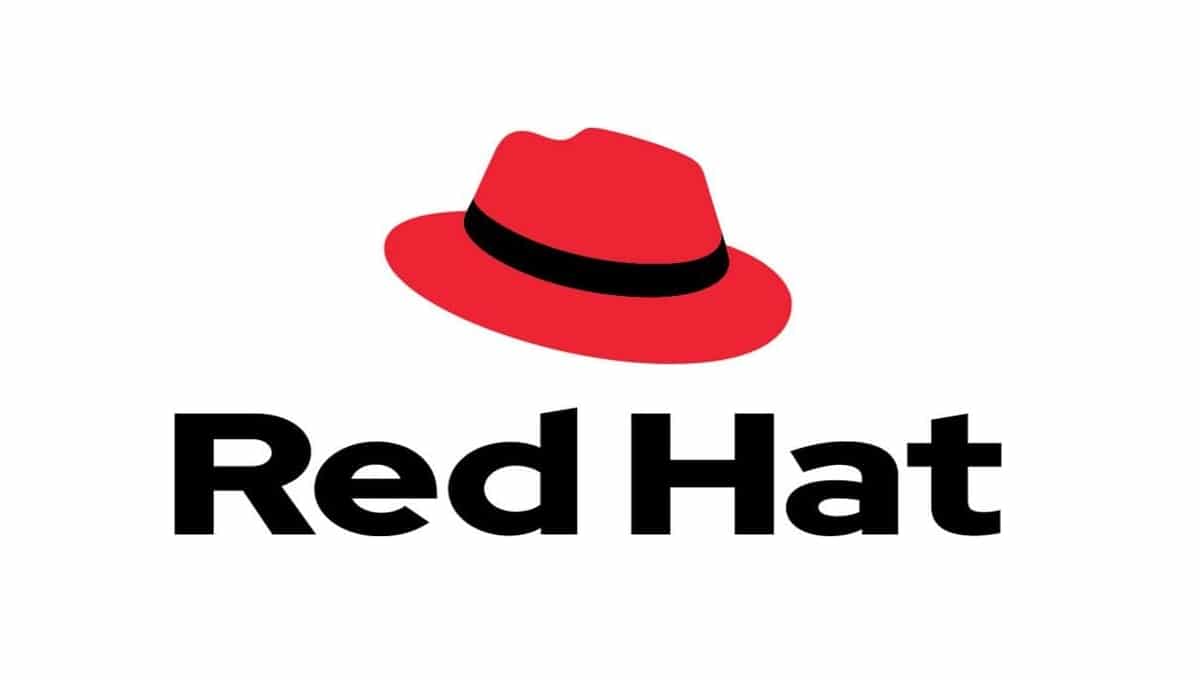
The company Red Hat announced recently the completion of the development of the distribution CentOS 8 in its classic version, which implies the provision of the most approximate rebuilds of the Red Hat Enterprise Linux versions.
Instead of the classic CentOS, users will be prompted to upgrade to CentOS Stream continuously, which can be seen as an intermediate between RHEL and Fedora, at the RHEL beta release level.
About CentOS Stream
Unlike normal CentOS, in CentOS Stream, instead of rebuilding the original packages used in the stable versions of RHEL already formed, since offers builds based on the experimental packages and unstabilized generated for the next draft version of RHEL.
In addition, one of the interesting features of CentOS Stream is that allows early access to the capabilities of future RHEL releases, but at the cost of beta level stability.
It is because of that Red Hat recommends that CentOS 8 users migrate to CentOS Stream, stating that there will be minor differences from RHEL versions and that updates will be released regularly, similar to traditional CentOS.
An example of companies that already use CentOS Stream in their infrastructures is Facebook, which has migrated its servers to its own distribution based on CentOS Stream.
In September 2019, we announced CentOS Stream, a bottom-up development platform designed for members of the CentOS community, Red Hat partners, ecosystem developers, and many other groups to more quickly and easily see what's coming next on Red Hat Enterprise Linux. (RHEL) and to help shape the product. Since its introduction, we have seen great enthusiasm from partners and collaborators around CentOS Stream and the continuous flow of innovation that the project offers.
Given this, we have informed the CentOS Project Governing Board that we are shifting our investment entirely from CentOS Linux to CentOS Stream.
Before we get into the details, it's worth sharing examples where we've seen our ecosystem embrace CentOS Stream as a "progressive preview" of what's next on RHEL, both in terms of kernels and features. Facebook runs millions of servers that support its vast global social network, all of which have been migrated (or are migrating) to an operating system derived from CentOS Stream..
Those still using CentOS in production environments and feel that the new CentOS delivery model is not suitable for the tasks being solved are encouraged to contact Red Hat representatives for information on possible options. (Apparently, as many users as possible will try to transfer to regular RHEL by providing certain benefits).
In the first half of next year, Red Hat plan to introduce various free programs or low-cost that cover different areas of use and expand the subscription of Red Hat Enterprise Linux Developer, which currently provides free download of RHEL images to use during development, but not for production deployments.
Of the classic full rebuilds of RHEL, only Oracle Linux remains, as the development of Scientific Linux 8 declined in favor of CentOS and Scientific Linux stopped developing as a self-sustaining project.
It can also be noted that Red Hat has announced that it will continue to publish the source code for Red Hat Enterprise Linux packages in the git.centos.org repository, which can help create new rebuilds that can replace CentOS.
Finally it is mentioned that the formation of Updates for CentOS 8 Classic will be discontinued on December 31, 2021 (practically a year left). While the maintenance of the CentOS 7 version will continue unchanged until 2024.
If you want to know more about it, You can check the publication made by Red Hat on its blog this link or on the CentOS blog this link.
I knew that sooner or later IBM was going to destroy Red Hat, but I didn't know how quickly. Let's see dear soulless executives: The biggest advantage of keeping CentOS was having a mixed but uniform environment between licensed teams (services, testing and training) and production with Red Hat.
They cut that and neither CentOS nor Red Hat works anymore… bravo geniuses!